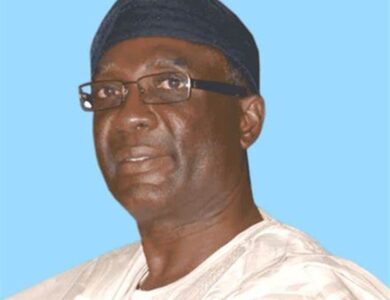UNIABUJA Employs 500 students on N10K monthly


The University of Abuja (UNIABUJA) has already employed and is paying N10,000 monthly to each of its 500 undergraduates working in various units, offices and departments at the school, Dr Abubakar Umar Kari has said.
Dr Kari, the Dean of Students Affairs (DSA), said the 500 students were selected to participate in the Students Work Scheme (SWS) introduced shortly after Prof. Abdulrasheed Na’Allah, the incumbent Vice-Chancellor of the institution assumed office in July 2019.
He explained that the SWS was introduced by the VC, as part of ways to engage hardworkingly, and industrious students, in productive activities that will enable them to raise money for upkeep, and also assist them to meet other pressing financial obligations.
He said the beneficiaries of the Scheme work for 8 to 10 hours per week and resume work at their duty posts on days and times they initially signified their interests, before taking up their various appointments as office assistants, secretaries, cleaners and security guards, among others.
Dr Kari, who spoke to PRNigeria at the university’s Main Campus, noted that Prof. Na’Allah has attracted foreign government’s intervention in the area of infrastructural and curricular development to UNIABUJA, among other enviable accomplishments, only less than six months after taking over the helms of affairs.
He disclosed that the school will soon begin offering Railway Engineering as an academic programme in the Faculty of Engineering, saying UNIABUJA will be the first Nigerian university to offer such a specialized branch of study. He said some academic staff have been trained on railway engineering in China, courtesy of the Chinese Shanghai University and the Chinese Government’s foreign and technical aids.
“It will interest you to note that the Chinese Government-sponsored railway engineering has already taken off. Seven of our eminent engineering lecturers and scholars were selected for a capacity-building programme in China. While three of them are through with the programme and have since returned to the country, the other four are still in China. And after the completion of their study, they will join their colleagues here, to help standardized the newly-floated department,” he noted.




